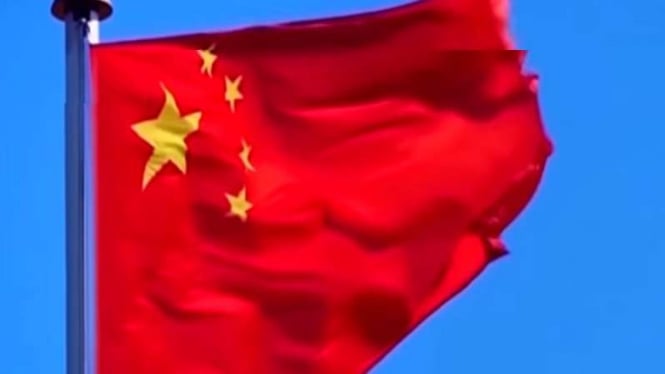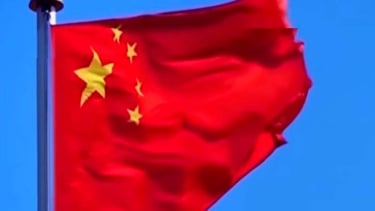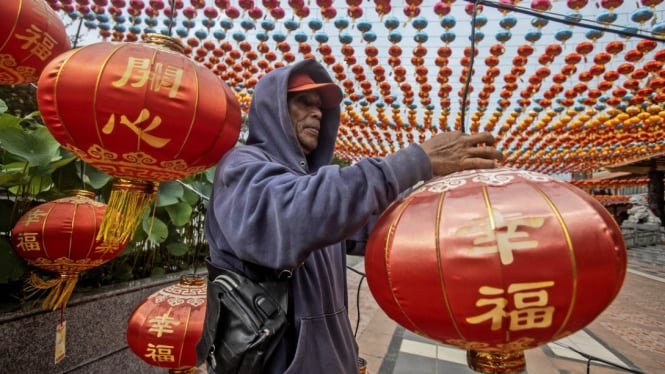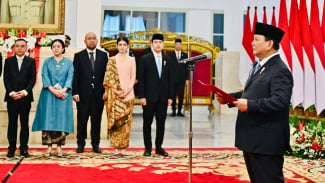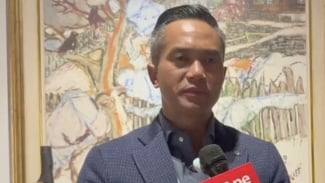China Seeks to Cover up an Economic Crisis
China – The Chinese government is considered to be manipulating unemployment data on the millennial generation and generation Z groups. It can be seen from the data that suddenly changes in a relatively short time.
The Chinese statistics bureau reported last week that unemployment among the 16- to 24-year-old demographic was 14.9 percent in December.
This would be a considerable improvement over the 21.3 percent reported for that age bracket last June, compared to 5.2 percent for the general population.
Elliott Fan, director of the Department of Economics at National Taiwan University, blamed the drop in unemployment on the government's new methodology. The category of students was excluded from the sample.
In fact, in collecting unemployment data, statistical agencies include students as a sample.
Ilustrasi resesi ekonomi/krisis ekonomi global.
- Unsplash
"The decline (in the unemployment rate) was caused by China's National Bureau of Statistics excluding students from the sample, not because of solid improvements in the youth labor market," Elliott Fan said as quoted from Newsweek site.
In addition to the student category, Fan said three other groups of people were excluded from the sample. The omission of this sample, continued Fan, makes the Chinese Bureau of Statistics data on the unemployment rate even more doubtful.
Fan gave an example, those who work at least one hour per week are still considered working. Even though one hour per week is not in accordance with international standards for calibrating the unemployment rate.
The report also excludes people who were discouraged by bleak job prospects, but then gave up.
The statistics bureau only surveyed those living in urban areas. Fan emphasized that this phenomenon indicates an impending crisis in the long run. The Chinese government is covering up systemic problems.
These include an aging labor force, declining foreign investment, a slump in the property market, and falling global export demand.
On the other hand, Steve Tsang, Director of the China Institute at SOAS University of London, said that the biggest beneficiary of this statistical reporting methodology is the leadership of the Chinese Communist Party.
"These new statistics support the Chinese Communist Party's narrative of China's economy and society and thus unite the country to pursue the 'China Dream' as directed by Xi Jinping (President of China)," Tsang remarked.
Tsang emphasized that creating more patriotic statistics alone will not help the economy.
Tsang said that the most effective way to stimulate the economy is to give money to those most likely to spend it, namely Generation Z in China.
However, Xi Jinping has avoided this in favor of a state-directed approach to investment, from industry to infrastructure "Money will not be given to the consumer society. It's not even going to services like health and medical services and social safety nets, which could reduce the relatively poor population from saving for medical and other emergency needs," Tsang concluded.
